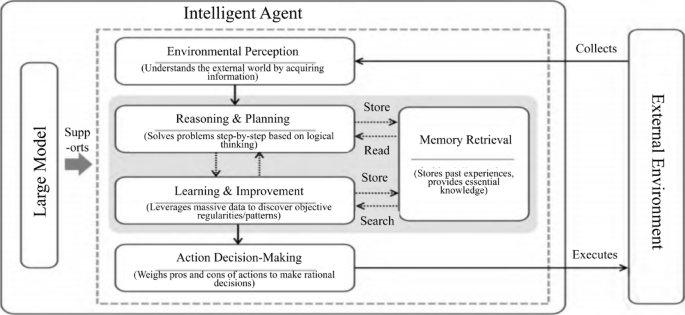This study empirically validated a multi-agent collaborative framework for generating Chinese traditional architectural images, using Beijing’s Central Axis as a case study. The framework, known as the MAS tool prototype, integrates intelligent agents for understanding user intent, generating prompts, and ensuring cultural accuracy. A series of experiments compared the MAS prototype to mainstream models like DALL-E and Midjourney, establishing five baselines, including an optimized engine for expert-tuned input. Participants from various expertise levels assessed generated images based on architectural accuracy, color fidelity, and decorative symbolism using a standardized Likert scale. Results showed the MAS tool significantly outperformed general models and even an expert-optimized baseline in quality and cultural fidelity, indicated by higher subjective scores and CLIP Scores. Beyond academic evaluation, the MAS framework holds practical applications in digital cultural tourism, education, and creative industries, enhancing the representation and understanding of cultural heritage through personalized visualizations.
Source link

Share
Read more